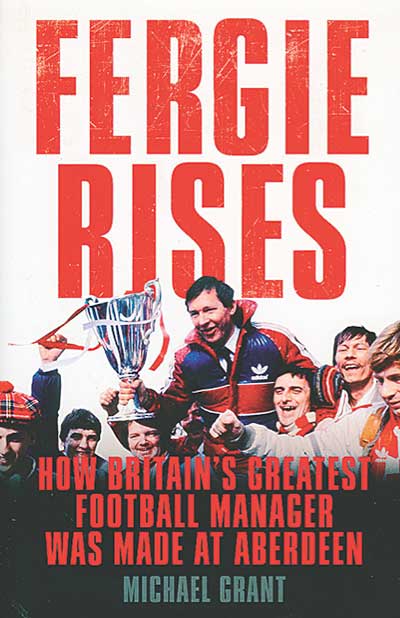 How Britain’s greatest football manager was made at Aberdeen
How Britain’s greatest football manager was made at Aberdeen
by Michael Grant
Aurum Press, £18.99
Reviewed by Keith Davidson
From WSC 338 April 2015
In September 1985, Aberdeen manager Alex Ferguson was among the coaching staff when Scotland played Wales at Ninian Park in a tense World Cup qualifier. He was sitting next to national team boss Jock Stein on the bench. The paths of Stein and Ferguson had crossed many times over the previous couple of decades; as a friend and mentor Stein was a huge influence on Ferguson’s professional life. When the senior man collapsed towards the end of that game, then died in the stadium’s medical room shortly afterwards, it had a profound effect. It was Ferguson who shouldered the responsibility of calling Stein’s family.
This is not the only death to feature in Michael Grant’s book on Ferguson’s formative years. His first season as manager at Aberdeen was turbulent both on the field and off. Sacked by St Mirren in May 1978, he joined the Dons, launched an unfair dismissal claim against his former employer which he lost, had disagreements with some of the established players at Pittodrie and, crucially, his father was diagnosed with lung cancer.
During a bad-tempered away game at St Mirren, of all places, in February 1979 Ferguson’s father died in a Glasgow hospital. The news was broken to him after the final whistle. At the time the Aberdeen manager was still only 37 years old. This kind of detail is the strength of Grant’s book. There is evidence of Ferguson’s pathological competitive streak, there are quotes from his former players – sometimes revealing, sometimes funny – and an inevitable warm glow for any Dons-supporting readers as domestic and European successes provide staging points in the narrative.
What Fergie Rises provides more than anything else however is an explanation of what he had learned, and endured, by the time he joined Manchester United in 1986. When the call came from Old Trafford Ferguson had more than 12 years under his belt in football management with East Stirlingshire, St Mirren and Aberdeen. He achieved his greatest successes in Scottish football by instilling the belief in the Dons players that they could beat Celtic and Rangers in Glasgow, something Grant demonstrates comprehensively. Three League titles and other domestic trophies followed. When Liverpool humbled Aberdeen in the European Cup in 1980, Ferguson made notes. In 1981, holders Ipswich Town were dumped out of the UEFA Cup. By 1983, the European Cup-Winners Cup and European Super Cup had both been secured.
For those who have a one-dimensional view of Ferguson as the red-nosed grandee of the Sky era, Grant’s stories about his pragmatism and his willingness to learn from his mistakes – even to admit them – paint a fuller picture. An argument in the wake of a Scottish Cup tie in March 1985, for example, saw striker Frank McDougall punch Ferguson to the ground. The manager was canny enough to realise that the club’s top scorer had to stay in the side irrespective; a matter of weeks later the Dons retained the League title. Long before he joined Manchester United, Ferguson knew what it took to be a winner.
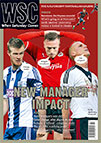 England face Costa Rica at the 2014 World Cup but they won’t be the first of the home nations to do so and would be wise to heed their neighbour’s traumatic experience, writes
England face Costa Rica at the 2014 World Cup but they won’t be the first of the home nations to do so and would be wise to heed their neighbour’s traumatic experience, writes 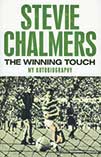 My autobiography
My autobiography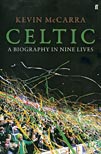 A biography in nine lives
A biography in nine lives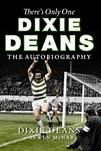 The Autobiography
The Autobiography